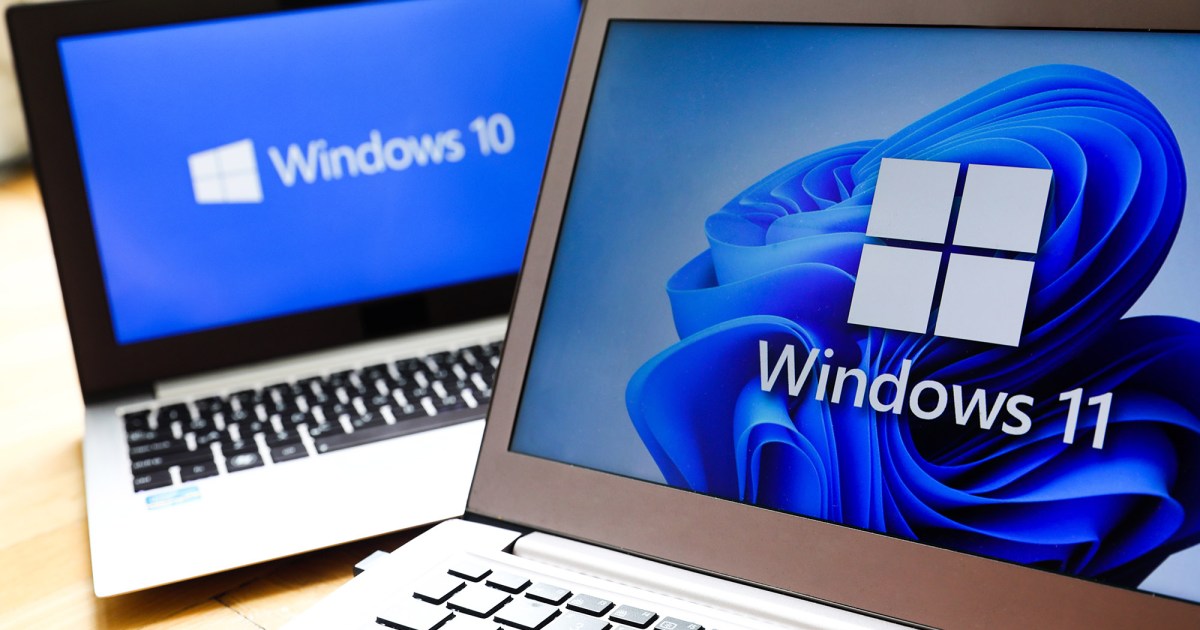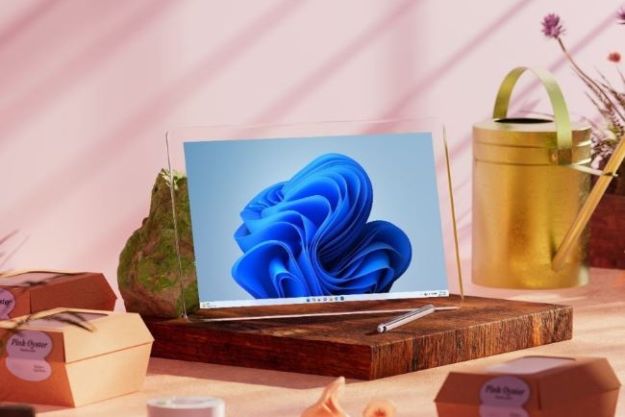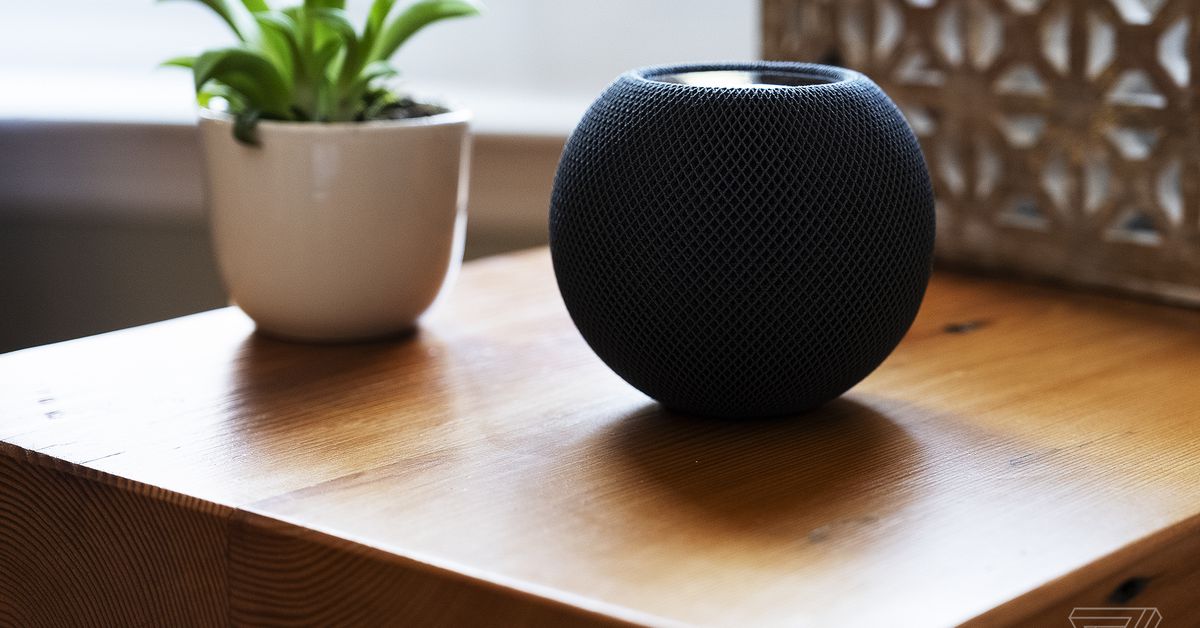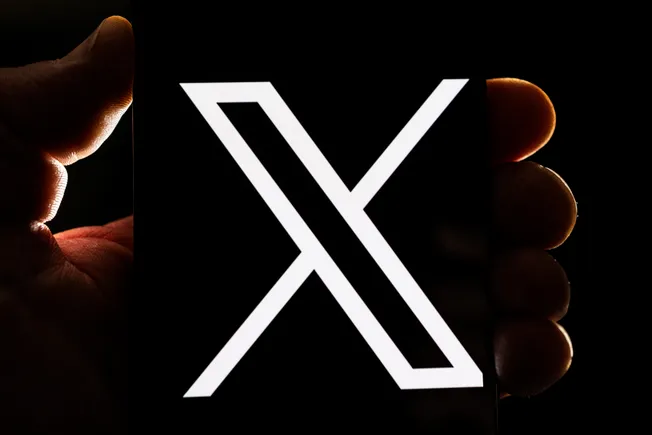Microsoft plans to charge for Windows 10 updates in the future
Microsoft will soon charge to maintain security updates on Windows 10.

Digital Trends may earn a commission when you buy through links on our site. Why trust us?
Microsoft has confirmed it will offer security updates for Windows 10 after the end-of-life date for the operating system for consumer users but for a fee.
The brand recently announced plans to charge regular users for Extended Security Updates (ESU) who intend to continue using Windows 10 beyond the October 14, 2025 support date.
 Beata Zawrzel/NurPhoto/Getty Images
Beata Zawrzel/NurPhoto/Getty ImagesPreviously, such support was only available for enterprise organizations; however, Microsoft is extending it to individual users for the first time. The service will be available through an annual subscription service, though the brand has not yet shared the pricing details for the plan.
While Microsoft is making this available, it is also making plans to add AI-powered Copilot to Windows 10. However, the older system won’t get as an extensive update as Windows 11 is undergoing, The Verge noted.
The company still insists that transitioning to Windows 11 is the best course for most users, noting in its blog post about the ESU program that while it provides security updates, technical support is not available.
Though the Windows 10 official end of life is October 14, 2025, making the lifespan of the operating system approximately ten years, the ESU program extends the OS support by three years for those who pay for additional security patches.
Such programs are likely a cushion to the transition between Windows 10 and Windows 11. Research has shown that Windows 11 adoption is going much better than many first believed, with the system actively running on over 400 million devices and hitting half a billion installs by early 2024. However, Windows 10 still dominates the business sector, powering 80.5% of devices.
In October, the IT asset management group Lansweeper uncovered that most businesses were updating to Windows 11 only when they replaced hardware, even though the majority had the minimum requirements to upgrade to the latest operating system.
Similarly, personal users might have their reasons for retaining an older system and might be willing to invest in maintaining that status. Microsoft would likely bank on such users being along the same lines as enterprise users.
The Verge noted that outside of paid service, Microsoft could be forced to provide free security updates for out-of-date software in extreme circumstances, such as defending against ransomware attacks. One such case happened in 2017 when an update had to be sent to the defunct Windows XP OS.
Editors' Recommendations
I’m worried about the future of the Microsoft Surface Windows is just an application now Windows is holding back the future of handheld gaming I love Macs. But here are 5 reasons I keep coming back to Windows Windows 11 adoption is slowing, and we finally know whyFionna Agomuoh is a technology journalist with over a decade of experience writing about various consumer electronics topics…
If you have an AMD GPU, stay away from the latest Windows Update
A quick PSA: If you own one of AMD's best graphics cards and you like to tweak the settings, now is not a good time to download the latest Windows Update. According to users on the AMD forums, the KB5030310 update really doesn't agree with AMD's Adrenalin Control Panel. While it's not the end of the world, this isn't the first Windows update in the last few months that has caused problems.
It appears that every time people restart their PCs, their Adrenalin settings are all reset back to default. This means that any changes made to things like AMD's Anti-Lag or Hyper RX will disappear upon every boot. Fortunately, the graphics driver itself is unaffected.
Windows 11 is turning into Windows 12 right in front of us
Windows 12 is already upon us. Microsoft hasn't released the new operating system yet, or even formally announced it, but Microsoft's September 2023 event made it clear that recent updates to Windows 11 are laying the foundation for the next iteration of the OS.
A significant portion of the presentation focused on the upcoming AI assistant that is set to "revolutionize" the way you use Windows. A new update is now available for Windows 11 that adds Copilot to the OS. Copilot is said to be an everyday AI companion that provides assistance by uniquely integrating information from the internet, your work-related data, and your current PC tasks. It offers a range of AI features to numerous default apps by collecting data from your calendar, email, documents, and more to assist in quick text and email composition.
Microsoft Copilot sounds great. Here’s why I definitely won’t use it
A lot of Microsoft's September event was dedicated to Copilot, Bing Chat, and other AI-driven features. In a way, the updates made to laptops like the Surface Laptop Studio 2 almost felt like an afterthought. It was a real AI fest -- and no wonder, as Microsoft has certainly created something bragworthy.
Despite how impressive Copilot seems to be, I can't see myself actually using it. It's a neat party trick, but my concerns with the AI outweigh any upsides it might have.
AI everywhere

 Lynk
Lynk 




































